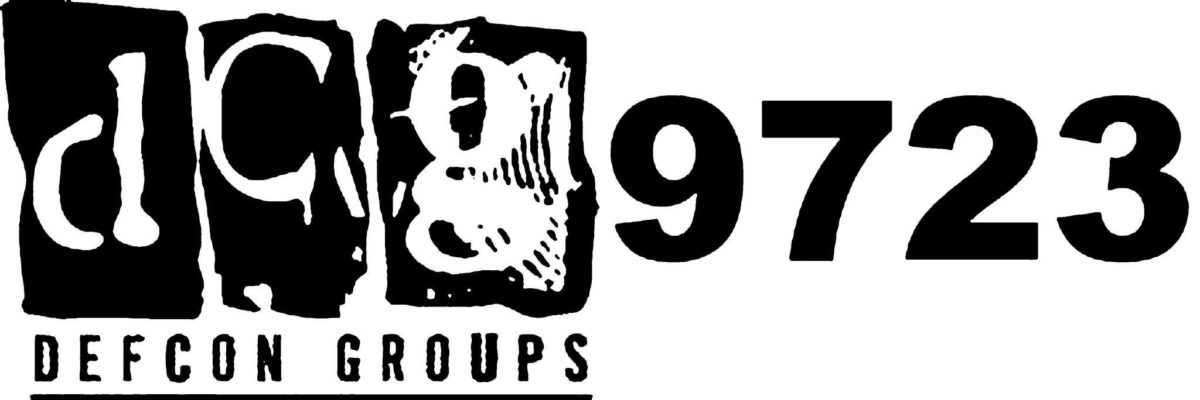DC9723 July 17 2018 Meeting
When: Tuesday 17 of July, 2018 from 18:45 to 22:00
Where: Checkpoint Offices in Tel-Aviv (Ha’Solelim Street 5, Tel Aviv)
Agenda:
Brief Introduction
Detecting Phishing from pDNS – Irena Damsky
CoffeeShot: Avoid Detection with Memory Injection – Asaf Aprozper
SiliVaccine: North Korea’s weapon of Mass Detection – Mark Lechtik and Michael Kajiloti
As always, the talks are free and there is no need to register. Come and bring your friends.
The talks will be uploaded to youtube a week after the meeting.
You can watch the previous talks at https://www.dc9723.org/
*We need more talks, please consider submitting a talk for the next DC9723 meeting. For more details and questions, please contact cfp@dc9723.org
Abstracts:
Detecting Phishing from pDNS
Passive DNS (pDNS) have been utilized by threat researchers for several years and allow us to gather information on domain usage worldwide. Since data fidelity varies depending upon the scope, timeline, and vantage point of sensor networks, pDNS visibility provides a multitude of different and exciting results for analysts to review. In this presentation we will quickly recap DNS and pDNS, review different approaches to detecting phishing using pDNS and focus on demonstrating different heuristics and operational procedures that can help increase actual detection while minimizing false positives
CoffeeShot: Avoid Detection with Memory Injection
For the first time ever, we are introducing a framework that utilizes the usage of Java Native Access with Java. How did we take advantage of that? Well, we used this to call to interesting Windows API’s directly from Java. CoffeeShot is a framework that was designed for creating Java-based malware which bypasses most of the anti-virus vendors. CoffeeShot utilizes the features of JNA to look for a victim process, once it finds it – a shellcode will be injected directly from the Java Archive file (JAR).
Java malware like “Jrat” and “Adwind” are used by malicious adversaries day by day, more and more. Their main reason for writing malware in Java is to be evasive and avoid security products – including those that use advanced features like machine learning. To overcome the above, blue-teamers can use this framework and thereby understand their status of anti-malware weakness against Java-based malware.
On the other hand, CoffeeShot can be applied by penetration testers as well. The framework provides red-teamers a friendly toolset by allowing them to embed any shellcode in a JAR file, assisting them to avoid detection with memory injection and to PWN the target!
SiliVaccine: North Korea’s weapon of Mass Detection
Meet SiliVaccine – North Korea’s national Anti-Virus solution. SiliVaccine is deployed widely and exclusively in the DPRK, and has been continuously in development by dedicated government teams for over fifteen years. When we heard of this strange software, we were immediately driven to investigate it: it’s not every day that you can catch a glimpse of the malware landscape inside the closed garden of the DPRK’s intranet.
In this talk, we will describe how we were able to obtain a rare copy of SiliVaccine; how we reverse-engineered it, despite the hair-tearing obstacles; and what surprising discoveries we made about its program architecture — all the way down to the file scanning engine, the system level drivers, the user mode utilities, and the most bizarre and puzzling implementation details. As it turns out, there is plenty going on behind the scenes of this product, away from the public eye.
How was SiliVaccine created? Who created it? what was the game plan? We will try to shed light on these questions, and on the sheer effort that must have gone into developing this product. If there is anything we learned from this research, it’s that DPRK state-sponsored software is a secretive industry underlied by incredibly shady practices, and that if Kim Jong-Un sends you a free trial of his latest security solution, the correct answer is “thank you but no thank you”.
